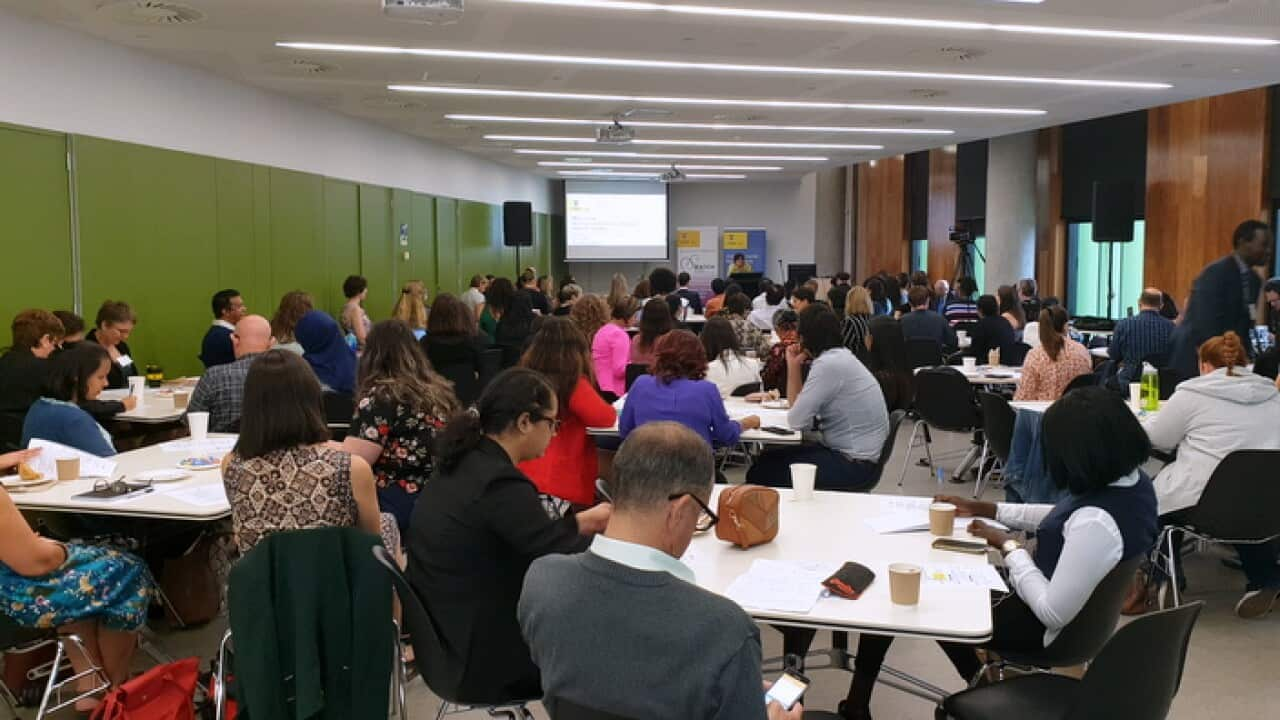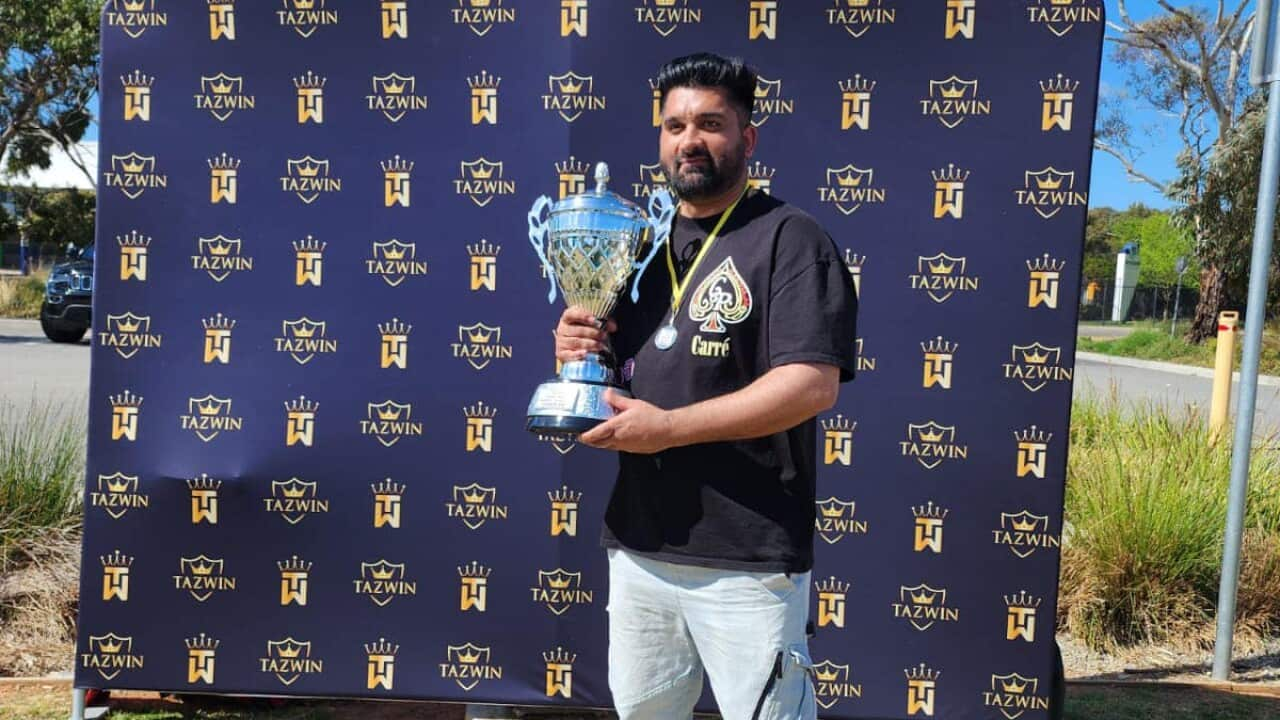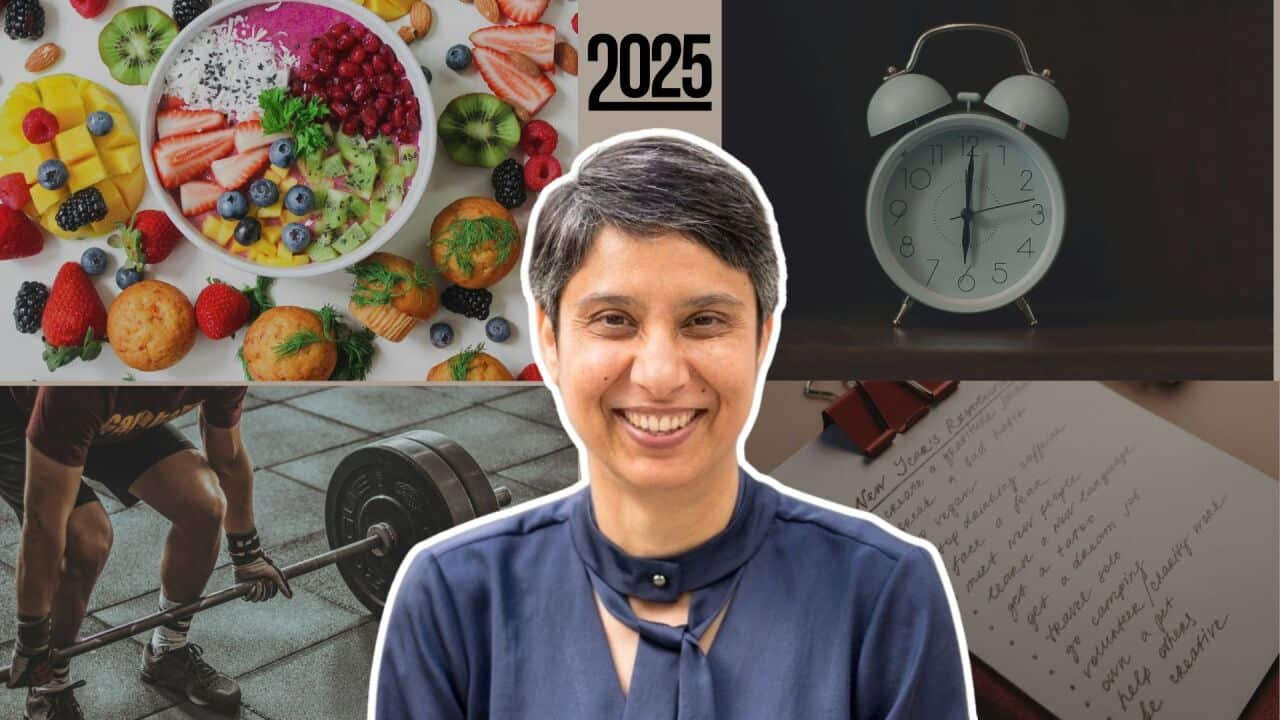The payment of dowry is a cultural practice which occurs in countries across South Asia, the Middle East and Africa.
At marriage, the family of bride typically pays the groom and his family in cash, gold, gifts or property.
But in some cases, grooms and their families have been known to escalate demands for larger gifts or increased cash payments - and severe trouble ensues if the bride and her family cannot comply.
Dr Manjula O'Connor is from the Australasian Centre for Human Rights and Health.
She says this is a problem for some women of migrant backgrounds across Australia.
Dr O'Connor says, in the south Asian community, a woman can be kicked out of the country, or even killed, if she doesn't comply.
"The bride, in the south Asian context, can be subject to extortion, to demands, to criticisms for not bringing enough dowry, making sure that they keep extorting more and more amounts of dowry. And if she doesn't, then there is physical violence, and there is the final insult of homicide. And, if she's still alive, to withdraw the (visa) sponsorship in the Australian context."
One such south Asian bride was Saru Rana.
She moved to Melbourne from India in 2009.
She went back to India two years later to marry.
She says the dowry demands of her husband's family resulted in her being severely physically assaulted.
"Because of the dowry demands, the violence was such that I was bashed on the first night of my wedding. It just continued for a couple of days. And it was months that I could not sleep on my back, because my skin was torn apart."
And upon her return to Australia, she says, she was financially abused by her husband's family back in India, and was forced to send the vast majority of her salary back to them.
"Ninety percent of my pay. I would just keep the rent and the petrol money, and just enough to eat. Otherwise, I was sending everything home. And it wasn't as if it was asked - I was made to think it was my duty as a daughter-in-law to send that money."
She says she lived on bread and cheese for months at a time.
Cases like Ms Rana's formed the basis of the second National Dowry Abuse summit in Sydney last week.
The summit came weeks after the release of a senate report into dowry abuse.
The senate report recommends 12 changes to federal law.
Currently, only Victorian state law categorises dowry abuse as a form of family violence.
Dr O'Connor says the number of women, from many backgrounds, complaining about dowry abuse in Australia is huge.
Dr O'Connor says federal law should be changed to recognise dowry abuse as a form of financial abuse and domestic violence, bringing about requisite changes across the Australian legal system.
"There is no such definition in the federal Family Law Act of financial abuse. So, one of the things the Senate inquiry is mentioning is that there should be a mention of financial abuse, and that dowry abuse ought to be an example of that financial abuse. So, when women complain to the courts, the courts understand what it is that they have to do; the police understand that this is a form of domestic violence; and the Immigration department has to recognise that this is a legitimate form of domestic violence, and the women ought to be given their due credit in terms of visas."
When asked to comment on the misuse of anti-dowry laws by some women to falsely implicate their husbands, Ms O’Connor said, ‘The portion of those people is very small. If we keep focussing on those small issues, we will lose the focus on major ones i.e. women’
Regarding outcome of this and such summits, Ms O’Connor said it is three folds. Firstly, the federal laws must be changed to include as dowry as a form of financial abuse. Secondly, we demand that the immigration department to be bit more kind to allow the dowry victims to stay on in Australia, and thirdly, we want to make dowry abuse a transnational issue.
Finally in her message to the victims of dowry abuse, Ms O’Connor said, ‘Don’t suffer quietly. Make sure you lodge a formal complaint to the immigration department, to police and to domestic violence service provider by calling 100 RESPECT.
Further, Ms Pallavi Sinha a renowned lawyer and community worker said that the NSW Attorney general is also looking into how to implement dowry abuse in NSW laws. Currently they are collecting the data and after the elections, if they are elected they will be looking into it more seriously.
The federal opposition has committed to change the law if they win government, with the the opposition spokeswoman for Preventing Family Violence, Linda Burney, telling the summit the Labor party agrees with the primary recommendation of the senate report.
Fellow Labor MP Julian Hill is calling on the government to show courage and decency, and act on the issue.
He says a uniform, national approach is needed to fix the problem.







